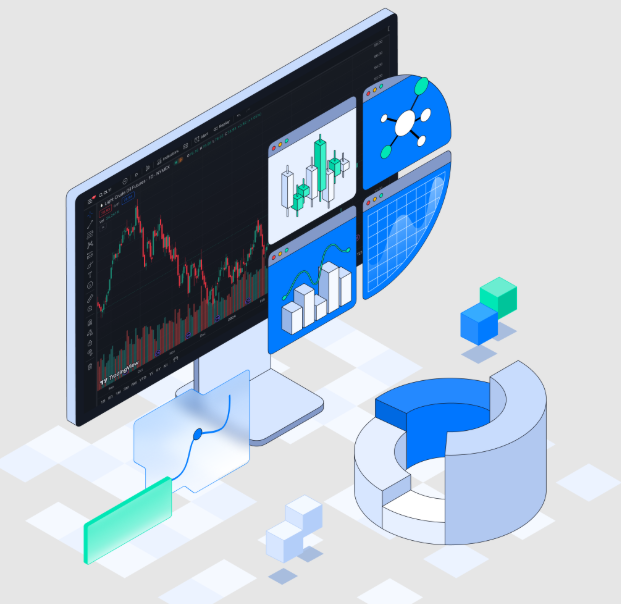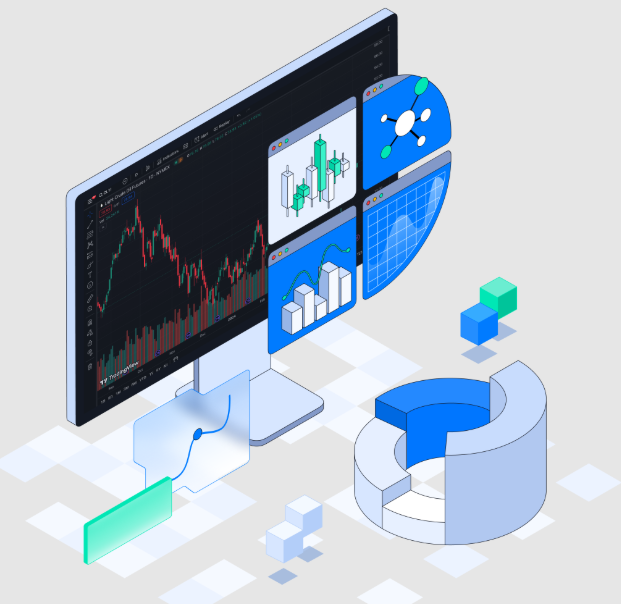In the world of crypto trading psychology, emotion is not a detail; it is the leading cause of trading losses. Even though traders think about technical indicators or fundamental news, they pay little attention to crypto trading emotion when it comes to deciding.
As Mark Douglas argues in Trading in the Zone, trading successfully is less about predicting markets than it is mastering your mind. In crypto, when prices gyrate, and they do gyrate, your mind can be clouded by emotions, leading to decisions based on FOMO (Fear of Missing Out), greed, or fear instead of rational and logical planning.
For example, during the 2021 Dogecoin mania, and retail traders, many with very little experience, started purchasing Dogecoin when the price surged above $0.70, convinced that this "meme coin" would never go back.
FOMO leads traders to get into trades at poor prices after seeing others make money, often in a speculative manner. In 2021, for example, Dogecoin and many other meme coins blasted off on hype and social media before collapsing as soon as the buying spree ended.
This is FOMO's opposite. Bad news, real or imagined, causes traders to panic sell. For example, crypto was gripped by severe FUD after the collapse of the FTX exchange in 2022, leading to significant market sell-offs of even fundamentally sound assets.
Taking more than one position without any allocation logic is called overtrading, and many traders do this, chasing boredom, anxiety, or to feel like they are in control of wanting to trade more, for example, rebalancing through the expensive add volume of fees and slippage while Ethereum is pulling back.
A lot of traders only look at the true success stories, while ignoring the failures. The crypto space is filled with influencers who hyped multiple leveraged longs during a bull market, only to have many of them go silent or confess to large losses in a bear market in 2022.
Understanding these biases is crucial, as the crypto trader mindset is not based solely on rational thinking. Understanding these traps allows traders to challenge those mental traps and make better decisions. Emotional extremes induced by market extremes, both bull markets and crashes, create emotional instability, which leads to bad trading decisions.
During bull markets, traders experience waves of greed and unjustified optimism, forgetting to manage risk and stop-loss orders completely since they believe only rising prices could happen.
During bear markets, traders create a range of emotional distress and panic selling, often creating panic selling at depressed prices, liquidating quality stocks, and losing their positions at the bottom, only to watch the price recover.
Emotional control is not an optional skill for crypto traders; it's the foundation of success. Even the best technical strategy will fall flat if it is applied emotionally. If you’re committed to improving your trading results, then start forming better habits today. Journal your trades. Record and monitor your emotions. Use tried and tested psychology models.
For more info:-







Comments